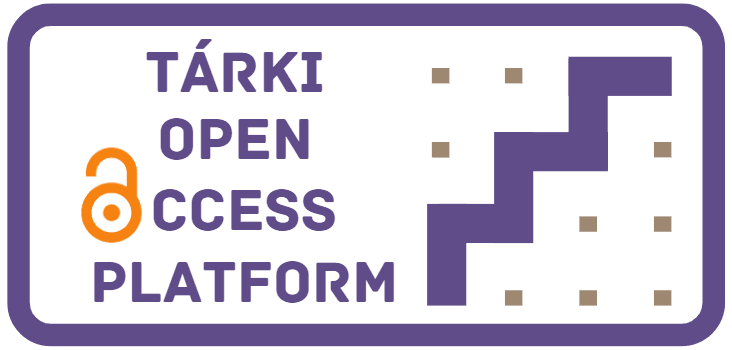Women's and men's entrepreneurship, attitudes and entrepreneurial activity in Hungary
letöltésCsákné, Filep Judit; Szennay, Áron
Women's and men's entrepreneurship, attitudes and entrepreneurial activity in Hungary
The expected pace of economic development and growth is now unimaginable without the active participation of women. As societal expectations towards women evolve, research aimed at mapping gender inequalities is gaining increasing prominence. Among these studies, analyses focusing on entrepreneurial willingness, business formation, and company performance are receiving growing attention.
The Gender Gap Index, measured by the World Bank since 2006, and the European Institute for Gender Equality (EIGE 2024) are among the key sources of information assessing disparities in societal roles, activities, and performances between men and women. These indices enable the monitoring of regional and temporal changes in gender inequalities. The Agenda 2030, adopted by the UN General Assembly to promote sustainable development, along with the associated Sustainable Development Goals (SDGs), explicitly includes the objective of "achieving gender equality and empowering all women and girls" (UN 2015). This has provided further momentum for exploring gender disparities in greater depth and implementing concrete actions to promote equality.
Supporting women's entrepreneurial activity is one possible approach to addressing this issue—an initiative also highlighted in the OECD’s publication, Closing the Gender Gap – Act Now (OECD 2012). In Hungary, the Central Statistical Office (KSH) publishes gender-disaggregated data derived from various sectoral statistics, including the report Women and Men in Hungary (KSH 2019). Beyond systematic data collection, research centers and individual scholars also contribute significantly to keeping this issue on the agenda.
Between 1997 and 2011, the TÁRKI Institute regularly published the study series Changing Roles, which examined the socio-economic status of men and women. Similarly, Gregor and Kováts (2018) provided a comprehensive and insightful analysis of the situation of Hungarian women in their publication Women’s Issues 2018, based on focus group discussions and large-scale survey research. One of the key messages of their work is that most factors negatively affecting women's life opportunities revolve around the tension between work and caregiving responsibilities.
